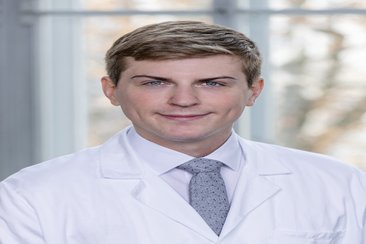
Abstract:
With a rapidly increasing ageing population and the resulting health crisis with exhausted budgets and lack of trained personnel, the need for population-based health care planning is paramount. Severe and irreversible vision loss is a major debilitating challenge in the elderly and has increased dramatically despite major efforts and investments referred to as the “biggest budget drains in medicine”. Vision loss is also a strong overall determinator of failing systemic health, and age-related macular degeneration (AMD) is the most common cause of legal blindness among elderly people with a further estimated increase over the next decades. AMD is a slowly progressive disease with subjective vision loss generally noted only in the advanced stage when it is too late for vision-preserving therapy. Early identification of individuals affected by retinal changes and recurrence of disease activity are vital necessities for effective therapies.
Artificial intelligence (AI) tools introduce precision analysis of the retinal condition in a reliable and fully automated manner empowering ophthalmologists for unprecedented tasks in the management of AMD. Such AI-based disease identification and estimation of risk of progression can be established in real-time and anywhere using low-cost, non-invasive optical coherence tomography (OCT) for digital imaging. This pioneering role model offers unrestricted accessibility to vision-maintaining care and risk prediction with the greatest health equity eliminating existing barriers to approaching the experts’ office leading to extensive underdiagnosis and delayed intervention.
Biosketch:
Gregor S. Reiter is a clinician scientist and medical supervisor of the Laboratory for Ophthalmic Image Analysis (OPTIMA) which includes the Christian Doppler Laboratory for Artificial Intelligence in Retina, Department of Ophthalmology and Optometry, Medical University of Vienna, Austria. He received his medical doctor degree (MD) from the Medical University of Vienna, Austria and a Bachelor of Arts degree (BA) in Social Anthropology from the University of Vienna. He received his PhD from the Medical University of Vienna for his work on the investigation of retinal biomarkers in non-neovascular age-related macular degeneration (AMD). He is currently acting as lead medical supervisor for the Laboratory for Ophthalmic Image Analysis (OPTIMA) for the development of novel AI algorithms and their implementation into clinical practice.
His main research interests include quantification of biomarkers in the progression of retinal diseases using artificial intelligence algorithms, as well as the practical use of such AI-algorithms in the clinical routine to increase treatment effectiveness. He also focuses on the natural progression of age-related macular degeneration (AMD) and the development of novel biomarkers for disease progression and prediction.
